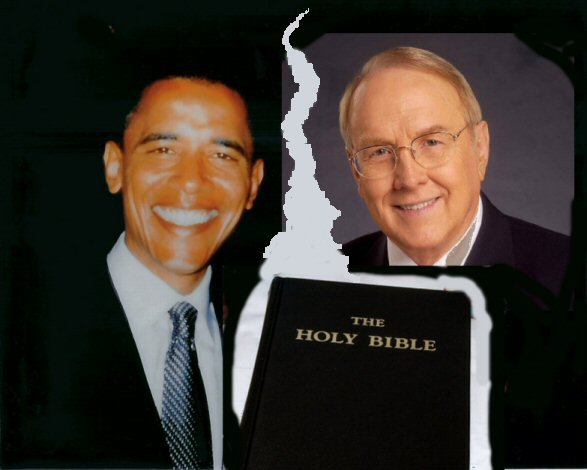Updated on 1 July 2014
It’s no secret that I am not a fan of Mark Driscoll. I think his version of Christianity is one of the most dangerous around at the moment. His view of women in Scripture is horrid, and the way he has taught his accolytes around the world to take many, many steps backwards on this issue is more than just a problem: I find it abhorrent. I think the way he has manipulated Scripture on issues of sex are highly problematic.
So, I need to be careful. I take no delight in the fall of a Christian leader, even one I think is dangerous and wrong.
But Driscoll has been caught in a plagiarism scandal. (Again, by the way.) In the most recent issue, both a book he has written and a series of study guides his church put together, he appears to have clearly wholesale copied from another author’s books and from a Bible commentary, with insufficient attributions being made. Having been found out, he and his publishers have issued a half baked non-apology, and invited the original author to come and speak at his church. I am guessing there is a financial consideration somewhere in there for the author.
All well and good. Except it’s not.
The tone of his “apology” and the way in which this has been handled smacks of someone who feels he is above the law. I don’t like it. But then I don’t like Driscoll and what he stands for.
Driscoll has also been very vocal on this specific issue in the past. His own website cautions people against using his intellectual property, and in his book, ‘Vintage Church’, he argued that pastors who plagiarize should resign from their jobs. I wonder if he will? No, in fact, I don’t wonder at all. He won’t.
Actually, as often happens when you go up against someone who is above the law, the radio host who made the original allegations has in the past week removed all the allegations from her website saying she should have approached the publisher first. And her producer has resigned. I wonder if that was all voluntarily done?
I’ll say no more – you make up your own mind – here’s a good enough summary of the issue and the text of the “apology”. And here’s another blog on the issue, with details of the copied texts.
I just want to go on record saying that the cracks are showing. I hope the accolytes can see them.
Update: In June 2014, Tyndale announced that it had removed all Driscoll’s future books from its catalogue, and would not be reprinting any of his old books.
Further information has also come to light since I wrote the original post. For example, Driscoll paid a company to buy 11,000 of his “best selling” book from a variety of sources in the first week of its publication. He initially claimed this was just part of marketing the book, but later apologised for the activity. Any author will tell you that having a few thousand books sold in the first week instantly raises the status of your book, and also creates a platform for better contracts in the future. It appears that it was on this false basis that Tyndale offered contracts in the first place.
The cracks are indeed showing. The empire is crumbling. One of the most dangerous men in evangelical Christianity is showing his true colours.



